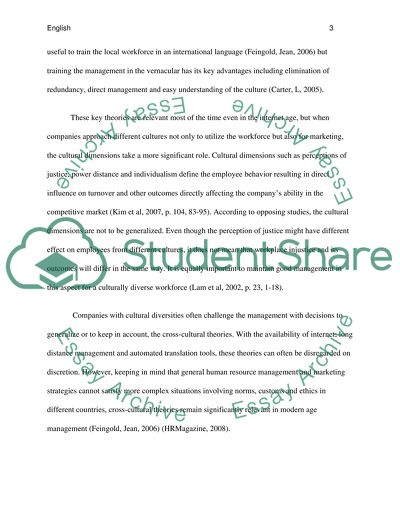Evaluate the relevance of cross-cultural theories in explaining how to Assignment. Retrieved from https://studentshare.org/macro-microeconomics/1613854-evaluate-the-relevance-of-cross-cultural-theories-in-explaining-how-to-manage-companies-in-different-countries
Evaluate the Relevance of Cross-Cultural Theories in Explaining How to Assignment. https://studentshare.org/macro-microeconomics/1613854-evaluate-the-relevance-of-cross-cultural-theories-in-explaining-how-to-manage-companies-in-different-countries.


